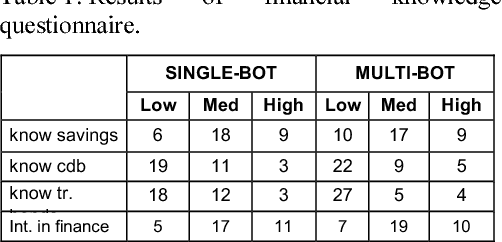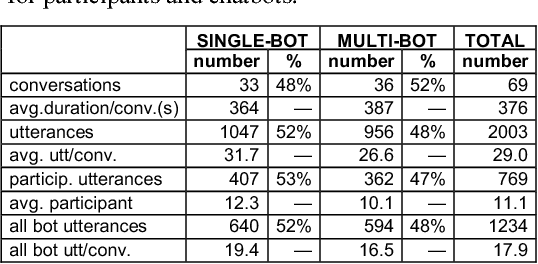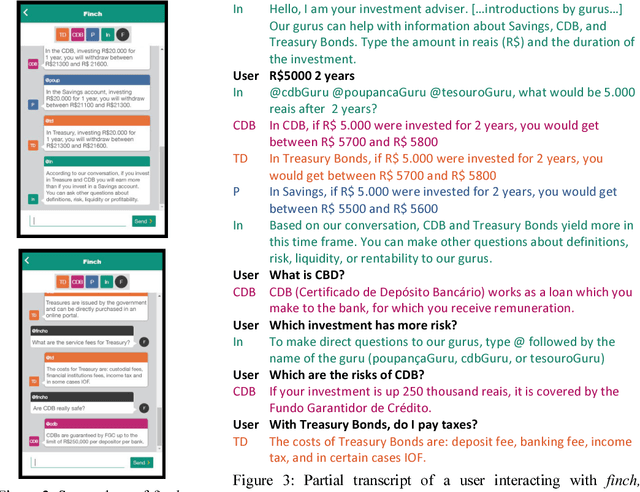Marisa Vasconcelos
Harnessing the Power of Artificial Intelligence to Vitalize Endangered Indigenous Languages: Technologies and Experiences
Jul 17, 2024Abstract:Since 2022 we have been exploring application areas and technologies in which Artificial Intelligence (AI) and modern Natural Language Processing (NLP), such as Large Language Models (LLMs), can be employed to foster the usage and facilitate the documentation of Indigenous languages which are in danger of disappearing. We start by discussing the decreasing diversity of languages in the world and how working with Indigenous languages poses unique ethical challenges for AI and NLP. To address those challenges, we propose an alternative development AI cycle based on community engagement and usage. Then, we report encouraging results in the development of high-quality machine learning translators for Indigenous languages by fine-tuning state-of-the-art (SOTA) translators with tiny amounts of data and discuss how to avoid some common pitfalls in the process. We also present prototypes we have built in projects done in 2023 and 2024 with Indigenous communities in Brazil, aimed at facilitating writing, and discuss the development of Indigenous Language Models (ILMs) as a replicable and scalable way to create spell-checkers, next-word predictors, and similar tools. Finally, we discuss how we envision a future for language documentation where dying languages are preserved as interactive language models.
Different but Equal: Comparing User Collaboration with Digital Personal Assistants vs. Teams of Expert Agents
Aug 24, 2018



Abstract:This work compares user collaboration with conversational personal assistants vs. teams of expert chatbots. Two studies were performed to investigate whether each approach affects accomplishment of tasks and collaboration costs. Participants interacted with two equivalent financial advice chatbot systems, one composed of a single conversational adviser and the other based on a team of four experts chatbots. Results indicated that users had different forms of experiences but were equally able to achieve their goals. Contrary to the expected, there were evidences that in the teamwork situation that users were more able to predict agent behavior better and did not have an overhead to maintain common ground, indicating similar collaboration costs. The results point towards the feasibility of either of the two approaches for user collaboration with conversational agents.
Modeling Epistemological Principles for Bias Mitigation in AI Systems: An Illustration in Hiring Decisions
Nov 20, 2017

Abstract:Artificial Intelligence (AI) has been used extensively in automatic decision making in a broad variety of scenarios, ranging from credit ratings for loans to recommendations of movies. Traditional design guidelines for AI models focus essentially on accuracy maximization, but recent work has shown that economically irrational and socially unacceptable scenarios of discrimination and unfairness are likely to arise unless these issues are explicitly addressed. This undesirable behavior has several possible sources, such as biased datasets used for training that may not be detected in black-box models. After pointing out connections between such bias of AI and the problem of induction, we focus on Popper's contributions after Hume's, which offer a logical theory of preferences. An AI model can be preferred over others on purely rational grounds after one or more attempts at refutation based on accuracy and fairness. Inspired by such epistemological principles, this paper proposes a structured approach to mitigate discrimination and unfairness caused by bias in AI systems. In the proposed computational framework, models are selected and enhanced after attempts at refutation. To illustrate our discussion, we focus on hiring decision scenarios where an AI system filters in which job applicants should go to the interview phase.
 Add to Chrome
Add to Chrome Add to Firefox
Add to Firefox Add to Edge
Add to Edge